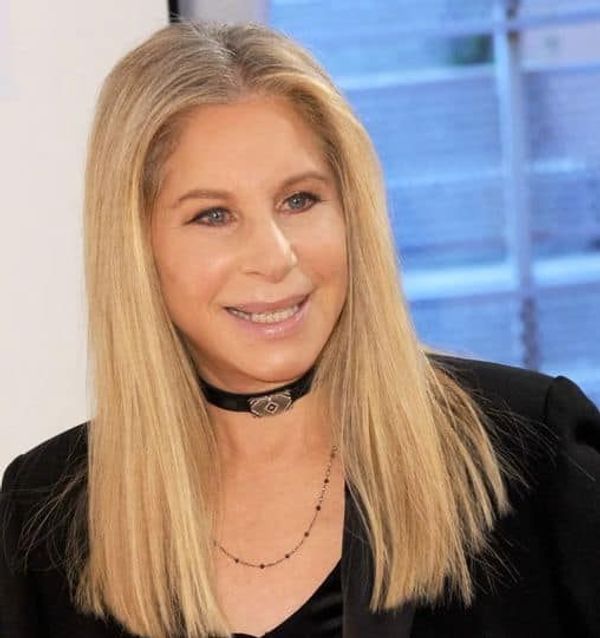Barbra Streisand recently voiced her support for Fulton County District Attorney Fani Willis, who has been targeted by conservative critics. Streisand firmly believes that the attacks on Willis are nothing more than attempts to undermine her reputation through unnecessary invasions into her personal life.
In a post on social media platform X, Streisand highlighted how Willis’s personal relationship with Nathan Wade, a deputy attorney she appointed to investigate Georgia’s 2020 election results, has been used unfairly to criticize her. Streisand pointed out the double standards at play, questioning why women are harshly judged for maintaining a personal life alongside a demanding career while men are rarely, if ever, subjected to the same scrutiny.
“What’s behind this absurd push to oust Fani Willis from her position? Is it really just the old belief that a woman can’t pursue both a career and a personal life? Men do it all the time! How absurd is this entire situation?” Streisand wrote, underscoring the biases that continue to affect women in high-stakes positions.

But Streisand didn’t stop there. She also used the situation to highlight her frustrations with former President Trump and his supporters, suggesting that the attacks on Willis may serve as a convenient distraction. Streisand believes the focus on Willis’s personal life diverts attention from more pressing issues, such as allegations that Trump attempted to pressure the Secretary of State into altering the 2020 election results and even sought to submit a list of illegitimate electors to Congress to sway the final outcome in his favor.
This controversy involving Fani Willis taps into a larger, ongoing discussion about the boundaries between personal and professional lives—particularly when it comes to heated legal and political matters. It raises important questions about gender equality and the unique challenges women in leadership positions often face. Women like Willis, who find themselves in the public eye, are still met with an increased level of scrutiny and judgment over their personal choices, a reality that men in similar positions rarely encounter.
Streisand’s public support for Fani Willis is a testament to the unique obstacles women face as they navigate the balance between professional ambitions and personal commitments. It’s a reminder that, even in today’s world, women are sometimes held to standards that men are not—standards that unfairly penalize them for having a private life. In Streisand’s view, this unequal treatment hinders progress toward a more balanced and inclusive workplace.
The Streisand-Willis episode has sparked widespread discussion about how personal relationships and choices are perceived differently depending on one’s gender, particularly in male-dominated fields like politics and law. Many observers have noted that this disparity reflects deeper societal biases that continue to impact women’s careers. When men in power make personal life choices, they are often considered irrelevant to their professional roles. In contrast, women are frequently met with suspicion or judgment, as if their personal lives could somehow interfere with their ability to perform.
Streisand’s words echo a broader need for society to recognize these biases and work toward more equitable treatment. Her comments remind us that everyone deserves the right to a private life, free from undue scrutiny. The conversation she has ignited has struck a chord with many who believe in the need to allow women the same freedoms and opportunities that men enjoy without fear of judgment or reprisal.
In closing, Streisand’s message highlights a call for fairness, urging that all employees, regardless of gender, be treated with respect and equality. She emphasizes that women should have the freedom to live as they choose, balancing personal and professional responsibilities without facing unjustified criticism. Society’s failure to offer this freedom equally affects not only individual careers but also the workplace environment as a whole, ultimately limiting progress toward a more inclusive and supportive work culture.
Streisand’s stance on the issue reminds us that progress toward workplace equality remains an ongoing journey. Recognizing these biases is the first step toward creating a fair and respectful environment where everyone can thrive based on merit rather than enduring scrutiny for their gender or personal life choices.





